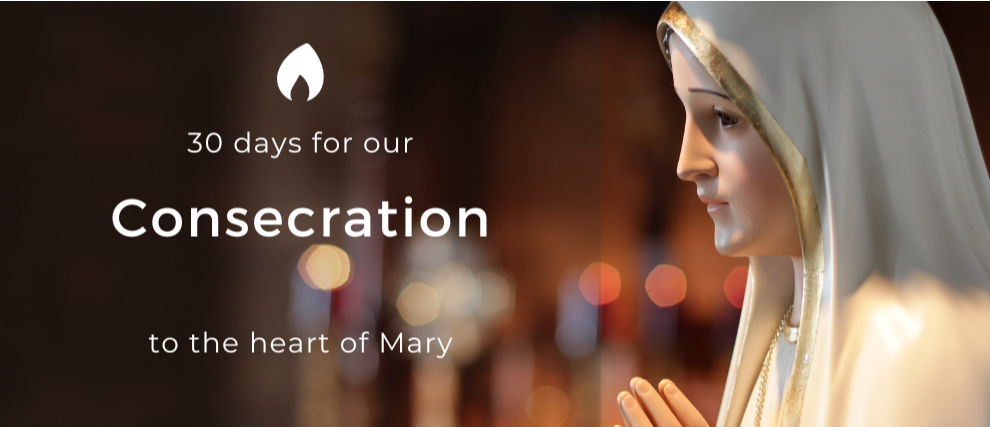The Rule of Saint Augustine
The Rule of Saint Augustine (354-430) is the first monastic rule of the West. It is composed of several writings by the holy bishop of Hippo, especially one of his letters. It is written in response to the request of a group of pious men living together and desiring to follow the Gospel path as well as possible. Augustine organized the religious life of this group, but did not seek to found a monastic order. In the Middle Ages, this rule was followed by the canons of Saint Augustine (from which we distinguish the premonstrations of Saint Norbert, the regular canons of Saint Augustine, etc.). Subsequently, it was adopted by the Dominicans and the hermits of Saint Augustine. Today there are many religious families affiliated with the rule of Saint Augustine, especially sisters. It is estimated that 50,000 men and women today follow the Augustinian rule. Here are the main directions given by the rule, made up of eight chapters.
The Eight Chapters of the Rule of Augustine of Hippo
Poverty
All property is pooled and the brothers do not have personal property. The prior distributes to each according to his needs, clothing and food in the image of what is reported in the Acts of the Apostles: “They had everything in common. Everyone was granted in proportion to his personal needs “(Acts 4:32-35).
Prayer
Brothers must be attentive to the liturgy of the hours. The oratory should only be a place of prayer. Prayers should be prayed with the heart and not just recited with the lips: “When you pray to God with psalms and songs of praise, let that which is formulated by your lips live in your heart”.
Fasting
Mortification of the flesh is part of the rule and monks fast unless health reasons prevent it: “Subjugate your flesh by fasting and refraining from food and drink to the extent that your health permits. During meals, the brothers listen to the reading so that as the body feeds, the spirit also feeds on the Word of God.
Women
Brothers are bound to observe an evangelical chastity that is not only of body but also of heart. They are required to keep their eyes pure: “Do not claim to be clean in heart, if your eyes are unclean; for the unclean eye is the messenger of an unclean heart.”
Clothing
The brothers pool all their clothes and are invited to accept what is given to them. Saint Augustine summarizes: “In a word: let none of you do anything for your own benefit, but let all your work be done for the common good.” The rule also gives the provisions to be followed for the care of the weakest and the sick.
Understanding Between Brothers
The monks must avoid quarrels and anger and remedy the wrong done to a brother without delay. They must forgive each other: “Love between you must not be of this Earth, but come from the Holy Spirit.”
Obedience
“Let us obey the brother prior as a father, always with the respect that is due to his office, so as not to offend God in him.” The brother prior, for his part, is obliged to exercise his authority with charity by being a model for others.
Closing remarks
Saint Augustine concludes with a joyful encouragement to the brothers: “May the Lord grant you the grace to observe all these precepts with love, as lovers of spiritual beauty, spreading by your life the good smell of Christ; not servitude, as if we were still under the law, but freely, since we are established in grace”.
Discover the spirituality of Saint Augustine with Hozana
Hozana invites you to walk with Saint Augustine through various spiritual offerings:
- Discover the life and spiritual message of this great saint by registering for the novena to Saint Augustine. For nine days, you will receive a brief account of his life, an extract of his Rule and a prayer written by him.
- Meditate for Advent with the Augustinians. Receive a daily meditation in relation with the readings of the day written by a friar or a lay person from our community.
